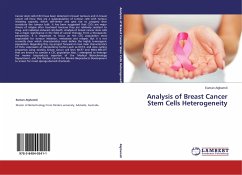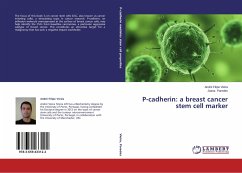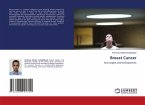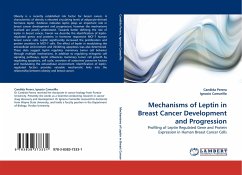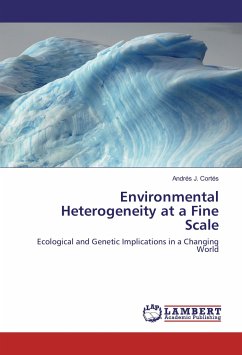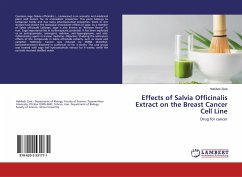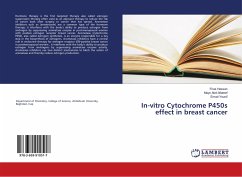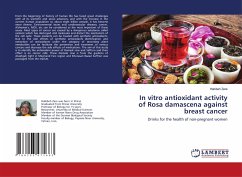Cancer stem cells (CSC) have been detected in breast tumours and in breast cancer cell lines; they are a subpopulation of tumour cells with tumour initiating capacity, which self-renew and give rise to progeny that constitute the tumour bulk. It has been suggested that CSCs are major drivers of relapse after treatment because they are relatively resistant to drug- and radiation-induced cell death. Analysis of breast cancer stem cells has a major significance in the field of cancer therapy. From a therapeutic perspective, it is important to focus on the CSC population most responsible for tumour initiation, metastasis and relapse. But it is not currently clear which characteristics most define the highly tumorigenic population. Regarding this, my project focused on two main characteristics of CSCs: expression of pluripotency factors such as OCT4, and slow cycling properties using existing breast cancer cell lines MCF7 and MDA-MB-231 that are known to contain a CSC population.Also,I attempted to leverage the marine bioproducts expertise of the Medical Biotechnology Department, and the Flinders Centre for Marine Bioproducts Development to screen for novel sponge-derived chemicals.
Bitte wählen Sie Ihr Anliegen aus.
Rechnungen
Retourenschein anfordern
Bestellstatus
Storno

